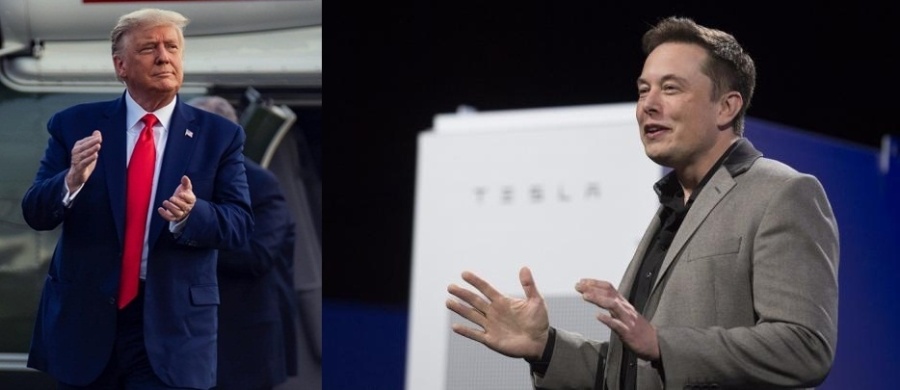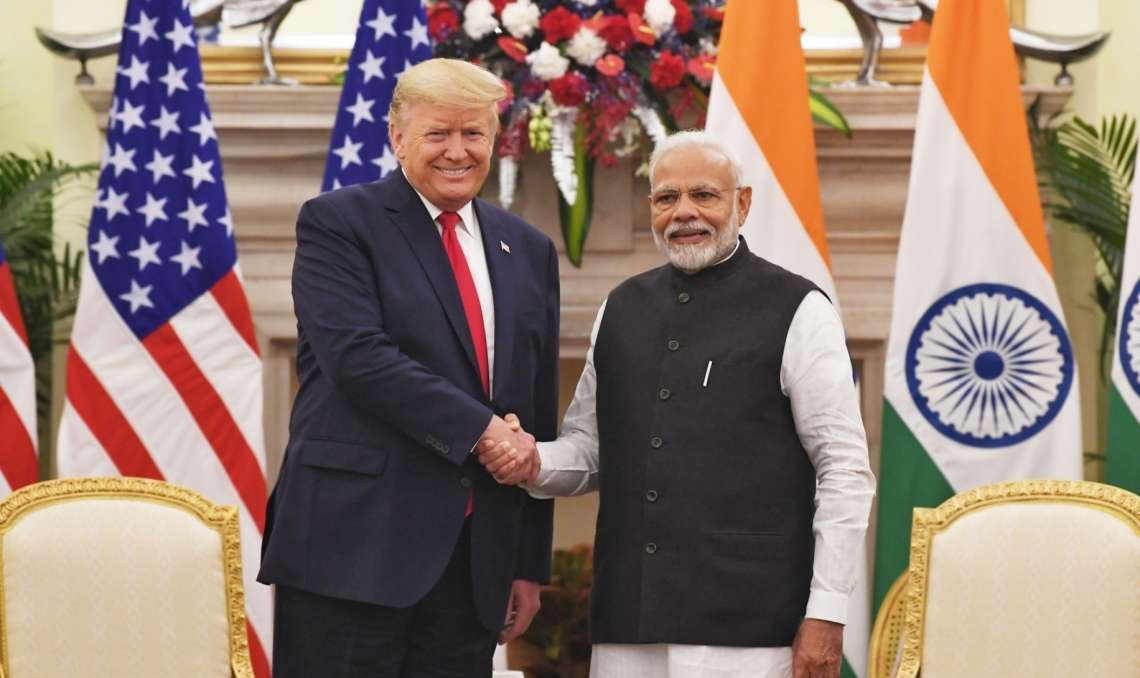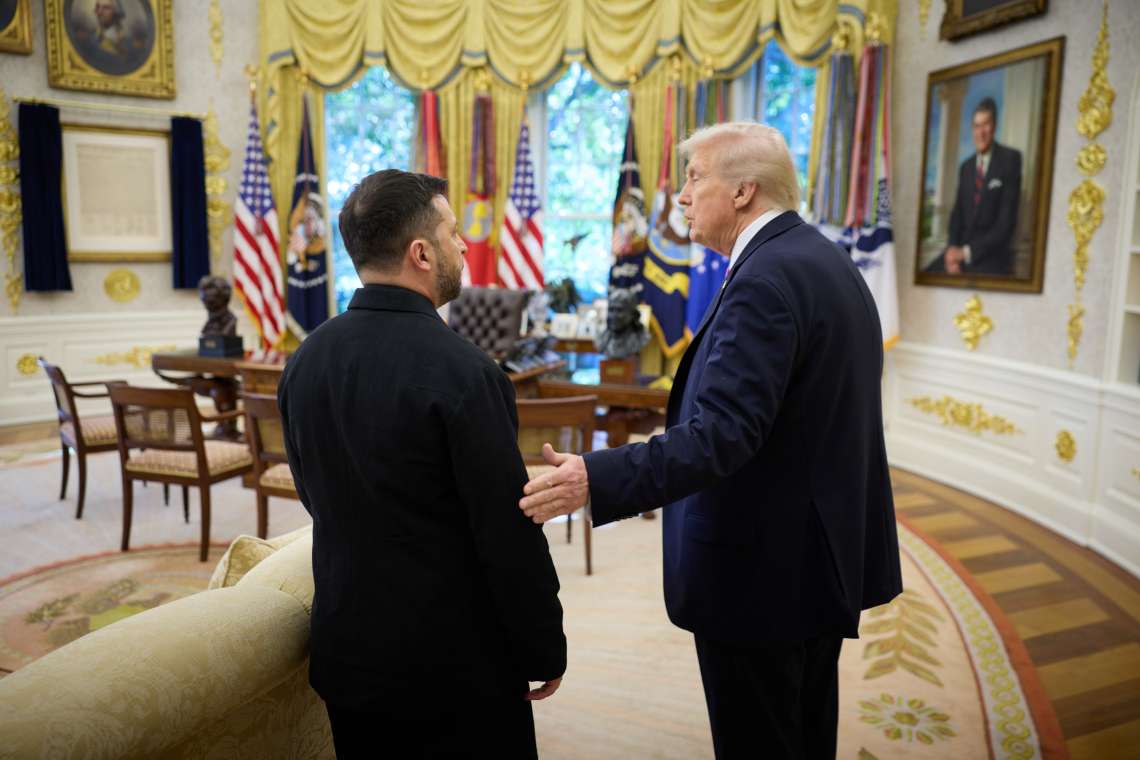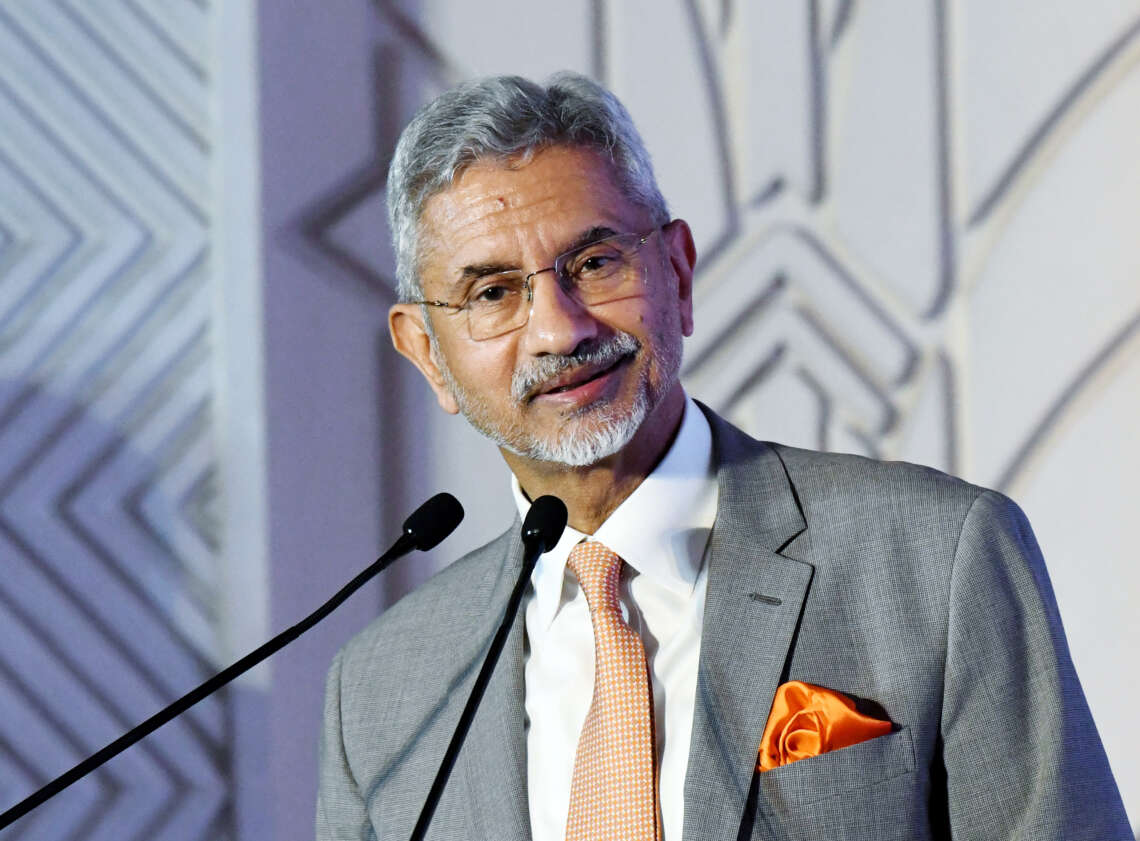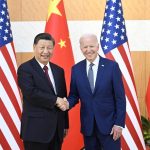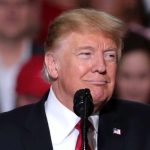Within the GOP, the feud has triggered visible disarray…reports Asian Lite News
Former U.S. President Donald Trump has officially severed ties with tech billionaire Elon Musk, ending a once-strong alliance and setting off a political feud that threatens to reshape federal contract dynamics and the 2026 midterm elections.
In a candid phone interview with NBC’s Kristen Welker on Saturday, Trump confirmed that the relationship was over.
“I would assume so, yeah,” he said when asked if the fallout was final. “I’m too busy doing other things,” he added, noting his past support for Musk during his presidency, including business-friendly policies. “I have no intention of speaking to him.”
This public break follows a series of escalating clashes. Musk, the CEO of Tesla, SpaceX, and owner of social media platform X (formerly Twitter), had long been viewed as a powerful ally to Trump. Their connection, once rooted in shared economic and political interests, has morphed into an intensely personal and public feud.
Tensions flared when Musk criticized a core Trump-backed legislative initiative—the so-called “big beautiful bill”—as fiscally irresponsible, calling it a “disgusting abomination” that would inflate the federal deficit. Trump swiftly responded with harsh rebukes, sparking a flurry of online insults and media soundbites.
The spat deepened when Musk, in a controversial move, suggested that Trump should be impeached and reposted unverified allegations linking the former president to convicted sex offender Jeffrey Epstein. Though the posts were later deleted, they added fuel to the political firestorm.
When asked about the possibility of Musk aligning with Democrats in 2026, Trump issued a vague but pointed warning:
“If he does, he’ll have to pay the consequences for that.” He did not elaborate, but the implication was clear—Musk’s companies, which hold billions in federal contracts in sectors like transportation, energy, and aerospace, could be targeted should Trump regain the presidency.
Within the GOP, the feud has triggered visible disarray. Vice President JD Vance attempted to cool tensions in a recent interview, calling Musk an “emotional guy” but also an “incredible entrepreneur.” He defended the Trump-backed bill and strongly denied any Epstein-related wrongdoing: “Absolutely not. Donald Trump didn’t do anything wrong with Jeffrey Epstein.”
However, the rift is widening cracks within the Republican Party at a critical moment. With midterm strategies taking shape, the Trump–Musk fallout risks splintering conservative donors and alienating moderate voters. Party insiders worry it could undermine cohesion heading into a crucial election cycle.
Adding to the political tremors, Musk has teased the creation of a new centrist political force—“The America Party.” In a recent X poll, he asked followers whether the U.S. needed a new party to represent the political middle. According to Musk, 80 percent of respondents said yes.
“The public has spoken,” Musk declared. “A new political party is needed in America to represent the 80 percent in the middle!”
A user’s suggestion of the name “America Party” earned Musk’s swift endorsement. “The name America Party sounds great. The party that really represents America!” he posted, followed by a simple: “The America Party.”
While no official platform or campaign has been announced, political analysts believe Musk may be using his social media activity as a soft launch for a new movement. Some speculate he may back a slate of independent candidates—or even consider entering the political arena himself.
This development comes as the relationship between Musk and Trump fully unravels. Once close collaborators—Musk attended Cabinet meetings during Trump’s term and led the short-lived DOGE department aimed at integrating digital assets into government—both men now appear to be charting divergent political paths.
Musk recently expressed frustration over the fallout, writing on X:
“Without me, Trump would have lost the election, Dems would control the House, and the Republicans would be 51–49 in the Senate… Such ingratitude.”
Trump, speaking alongside German Chancellor Friedrich Merz, acknowledged the split but didn’t hide his dismay.
“Elon and I had a great relationship. I don’t know if we will anymore. I’m very disappointed in Elon.”
As the feud plays out, the implications extend far beyond personal animosity. The fallout could influence control of key federal contracts, shake the stability of the Republican donor base, and potentially birth a new political party.
Whether Musk seriously pursues “The America Party” or uses it as leverage remains to be seen. But with political stakes escalating and alliances shifting, the clash between Trump and Musk has become more than a feud—it’s a test of power, loyalty, and America’s political future.


